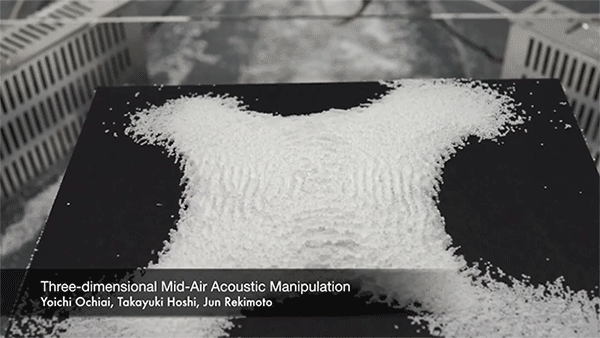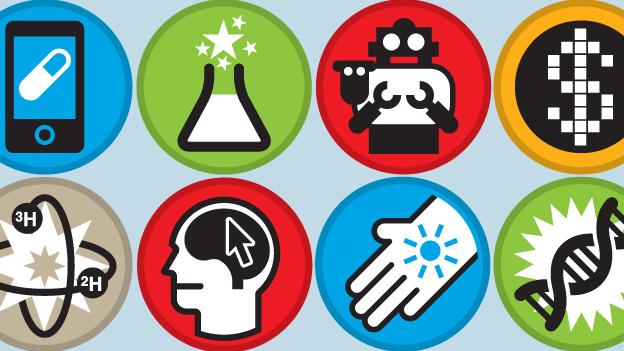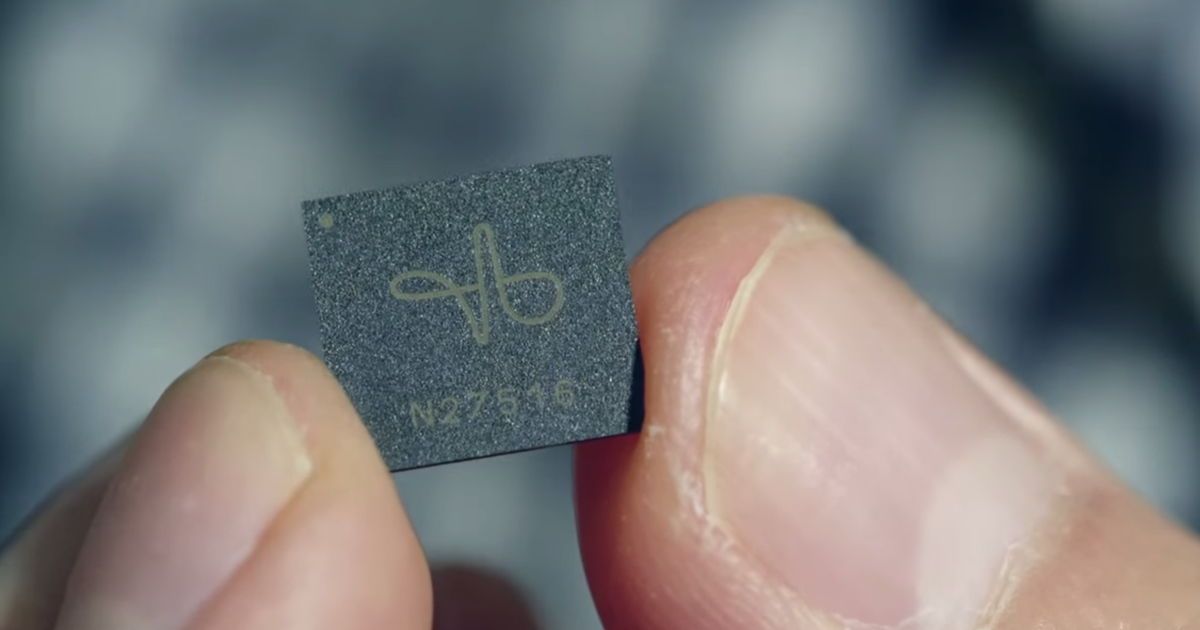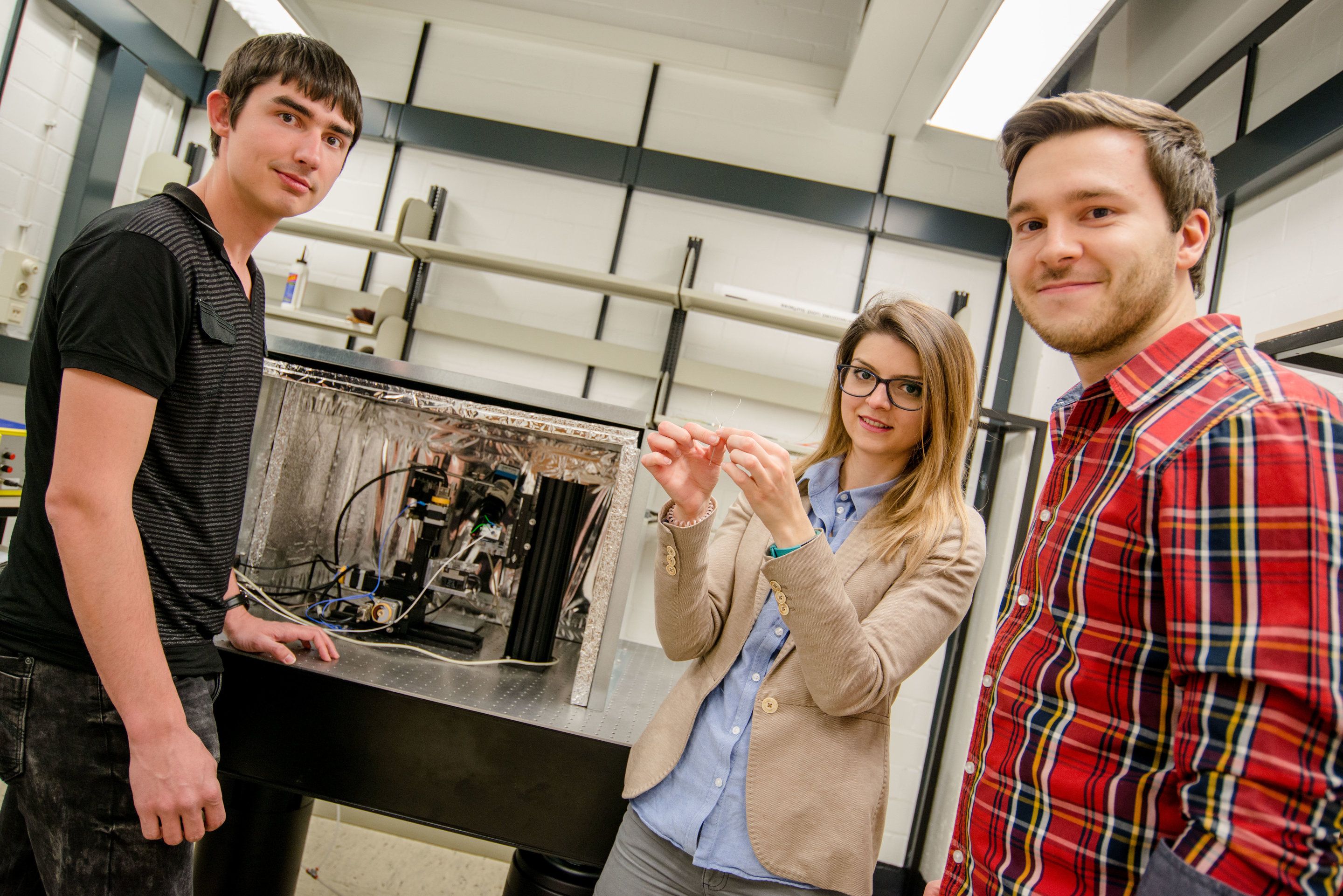
Japanese researchers have developed a way of not only levitating, but also moving objects three dimensionally using sound waves. The device uses four arrays of speakers to make soundwaves that intersect at a focal point that can be moved up, down, left, and right using external controls. And to human ears the device is completely quiet, as it uses ultrasound.
Occupational exposure to ultrasound in excess of 120 dB may lead to hearing loss. Exposure in excess of 155 dB may produce heating effects that are harmful to the human body, and it has been calculated that exposures above 180 dB may lead to death.[45] The UK’s independent Advisory Group on Non-ionising Radiation (AGNIR) produced a report in 2010, which was published by the UK Health Protection Agency (HPA). This report recommended an exposure limit for the general public to airborne ultrasound sound pressure levels (SPL) of 70 dB (at 20 kHz), and 100 dB (at 25 kHz and above).








